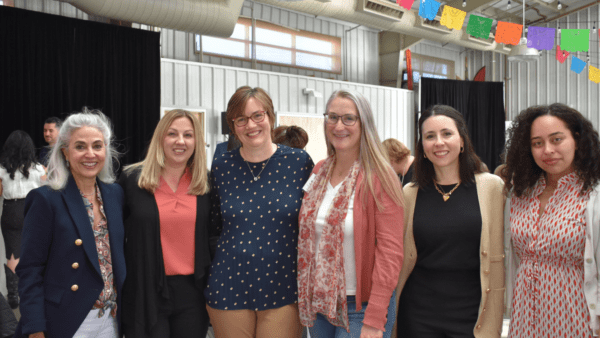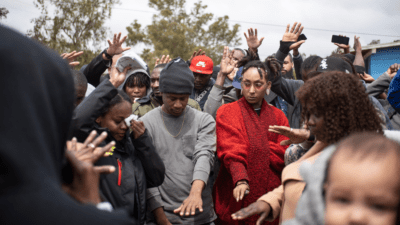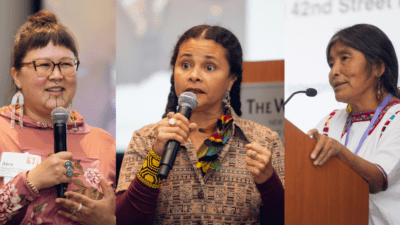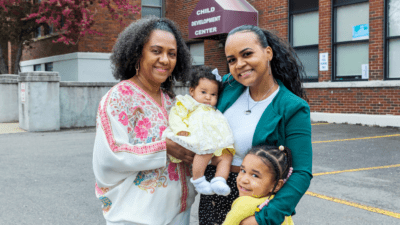In Brief
Generations United recently published three new toolkits, highlighting the importance of providing culturally-appropriate support and offering resources and tips for child welfare agencies, other government agencies and nonprofit organizations to better serve grandfamilies.
Terms To Know
According to Generations United, the terms “grandfamilies” and “kinship families” are used interchangeably to mean families in which grandparents, other adult family members or close family friends are raising children with no parents in the home. These families can be either inside or outside the child welfare system.
Grandfamily caregiver or kin caregiver are also terms used interchangeably. They capture the spectrum of caregiving relationships, which also include close family friends, godparents and other adults who are not technically “related” to the child.
Why This Matters
American Indian and Alaska Native children are more likely to live in grandfamilies than any other racial or ethnic group, while the likelihood of African American children living in grandfamilies is more than double that of the general population.
Research clearly shows that children do better in grandfamilies than in non-relative care. For a child who has experienced trauma, kin caregivers are crucial in the healing process. If kids can’t live with their parents, living with extended relatives is the next best option.
Grandfamilies need the assistance, but resources, services and support are inconsistent, underfunded, biased and insufficiently available and accessible.
Children do better when they are with their relatives, and much better when they are with grandfamilies who receive services and assistance. However, far too many grandfamilies are not receiving adequate support. Grandfamilies differ in terms of their community, state, tribe, racial/ethnic group, and other family and personal features.
The Opportunity
Policies, practices and services are not all designed equitably to help all people, and such is the case with grandfamilies. Each of the three toolkits from Generation United explores the unique strengths and challenges of grandfamilies which agencies and organizations need to recognize in order to provide culturally-appropriate supportive services. They are helpful resources for child welfare agencies, other government agencies and nonprofit organizations seeking to ensure that all children thrive.
Resources:








Comments